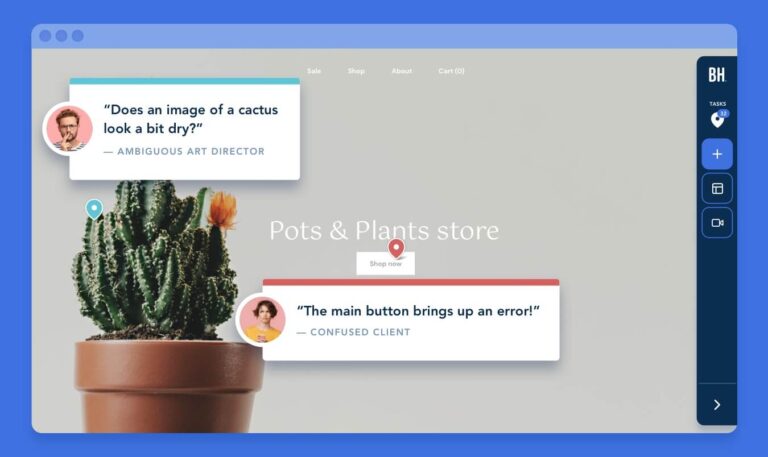The Future of Business Intelligence: Powering a Brighter Grid for Utilities
The utilities enterprise, the backbone of our present day global, is undergoing a significant transformation. Driven through factors like renewable strength integration, growing customer needs, and stricter regulations, utilities are embracing a information-pushed method to optimize operations, enhance customer service, and navigate this dynamic landscape. This is in which utilities business intelligence (BI) comes into play.
What is Utilities Business Intelligence?
Utilities BI is the strategic use of software program and services to acquire, examine, and transform the giant amount of facts generated by using software corporations. This facts originates from numerous resources like smart meters, sensors, patron utilization patterns, and operational structures. By harnessing the energy of BI, utilities can liberate actionable insights that empower them to make informed decisions in crucial areas like:
- Energy Consumption: Understanding peak demand intervals, usage tendencies across customer segments, and figuring out capacity areas for energy conservation.
- Asset Management: Monitoring equipment overall performance, predicting renovation wishes, and optimizing asset utilization to prevent pricey downtime.
- Customer Service: Identifying customer alternatives, tailoring carrier services (suppose dynamic pricing plans based on utilization patterns), and proactively addressing problems to improve purchaser delight.
- Financial Performance: Analyzing revenue streams, fee structures, and identifying possibilities for cost discount and improved profitability.
- Regulatory Compliance: Ensuring adherence to evolving rules and reporting requirements with more performance.
Upcoming Trends and Innovations Shaping the Future of Utilities BI
The future of utilities BI is brimming with exciting possibilities. Here’s a glimpse into a number of the key traits and improvements that will shape the enterprise:
- Real-Time Business Intelligence (RTBI): Passing the traditional BI is based on historical records, RTBI will allow utilities to analyze data in real time. This allows for proactive reprogramming, including proactive detection and response to grid fluctuations, mainly optimizing power supply based on real-time calls, and reducing effect of power outages.
- Artificial Intelligence (AI) and Machine Learning (ML): AI and ML will play a transformative position in utilities BI. These technologies may be used to broaden predictive analytics fashions that forecast equipment disasters, optimize strength generation and distribution, or even customise consumer stories.
- Big Data Analytics: The sheer extent of information generated by way of clever meters, sensors, and other related devices will necessitate superior large facts analytics abilities.utilities business intelligence will need to evolve to deal with and analyze those large datasets efficaciously, extracting valuable insights for strategic choice-making.
- Integration with the Internet of Things (IoT): The proliferation of IoT devices within the smart grid will create a continuous flow of real-time facts on the entirety from strength consumption to system health. Utilities BI will want to integrate seamlessly with these devices to leverage the overall potential of the information they generate.
- Cloud-Based BI Solutions: Cloud computing gives a fee-powerful and scalable platform for utilities BI. Cloud-primarily based answers put off the want for high priced on-premise infrastructure, permitting utilities to get right of entry to advanced BI tools and analytics abilties with out significant in advance investments.
Benefits of Embracing the Future of Utilities BI
By embracing these future-oriented trends in utilities BI, companies can unlock a large number of blessings:
- Enhanced Operational Efficiency: With actual-time insights and predictive skills, utilities can optimize aid allocation, streamline renovation methods, and reduce downtime.
- Improved Customer Experience: Utilities BI empowers corporations to apprehend consumer needs higher, personalize provider offerings, and provide proactive useful resource, foremost to higher patron pride.
- Cost Reduction: Optimized operations, predictive preservation, and centered client engagement all make contributions to great value monetary savings for utilities.
- Increased Sustainability: Utilities BI can help combine renewable electricity assets more effectively, enhance grid manage, and enable customers to adopt electricity-inexperienced practices, contributing to a extra sustainable destiny.
- Data-Driven Decision Making: BI empowers utilities to make knowledgeable choices primarily based totally on real-time facts and insights, fundamental to greater strategic making plans and lengthy-term growth.
Conclusion: A Brighter Future Powered thru Data
The destiny of utilities is undeniably data-pushed. By embracing advanced utilities BI solutions, agencies can free up a wealth of treasured insights on the way to empower them to navigate the evolving power landscape. This interprets to a more green, sustainable, and purchaser-centric future for the whole enterprise. As we circulate in advance, utilities BI will play a pivotal function in making sure a brighter and extra dependable grid for generations to come.







